Keeping Juneteenth Alive in the Archives: Part 2 of 2
By Rebecca Hankins | 06-17-2021
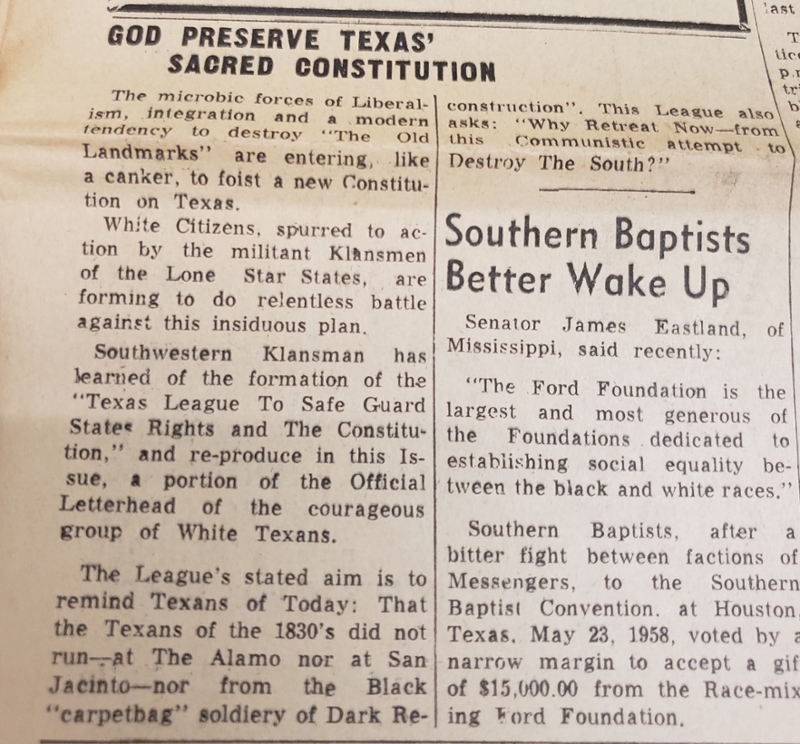
The history of Juneteenth was intentionally not taught or included in history textbooks around the US. The United Daughters of the Confederacy (UDC), founded in 1894, whose stated mission was to commemorate the Confederacy and erect memorials to them, are directly responsible for ensuring that the stories in K-12 textbooks excluded any mention of Juneteenth history. UDC partnered with other white supremacy groups, such as the Ku Klux Klan (KKK), working strategically with legislatures and school committees to change the narrative of the Confederacy to that of “states’ rights,” “the Lost Cause mythology,” and “heroism” rather than one of traitors and enslavers. They pushed to erect statues to Confederate symbols and generals all throughout the country and pushed to change textbook portrayal of enslaved Africans as happy and docile in plantation life, and as savage and immoral as freed people.
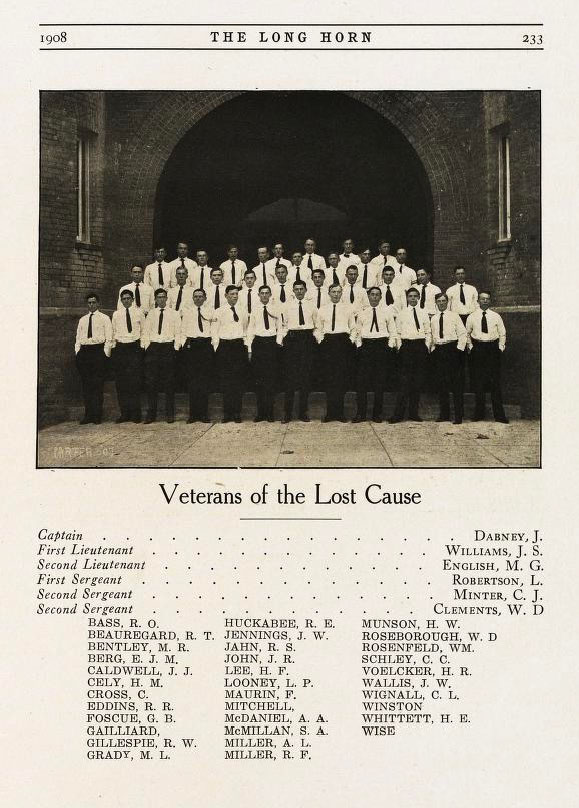
The publishing by The New York Times of Nikole Hannah Jones’ The 1619 Project has brought about a keen interest in learning the real and often troubling history of America. This Project has sparked much backlash from those who, similar to the UDC, seek to valorize and mythologize the founding and slave-holding history of America. Archives and special collections contain the documentation and records that provide evidence to bring these stories to life and to light.
The Cushing Memorial Library and Archives holds many resources on and documentation of Black life in the United States. The records of hundreds of Black churches that were formed from the 1860s on are the focus of the Clyde McQueen Collection, which documents these Texas historical landmarks. The Black Freedom Colonies, as Dr. Andrea Roberts (Texas A&M Professor and founder of The Texas Freedom Colonies Project) designates them, can be traced to McQueen’s book Black Churches in Texas, with the evidence housed in Cushing Memorial Library and Archives. You can read more about Mr. McQueen in this 2020 blog article, Clyde McQueen: Historian of Black Life and Culture.
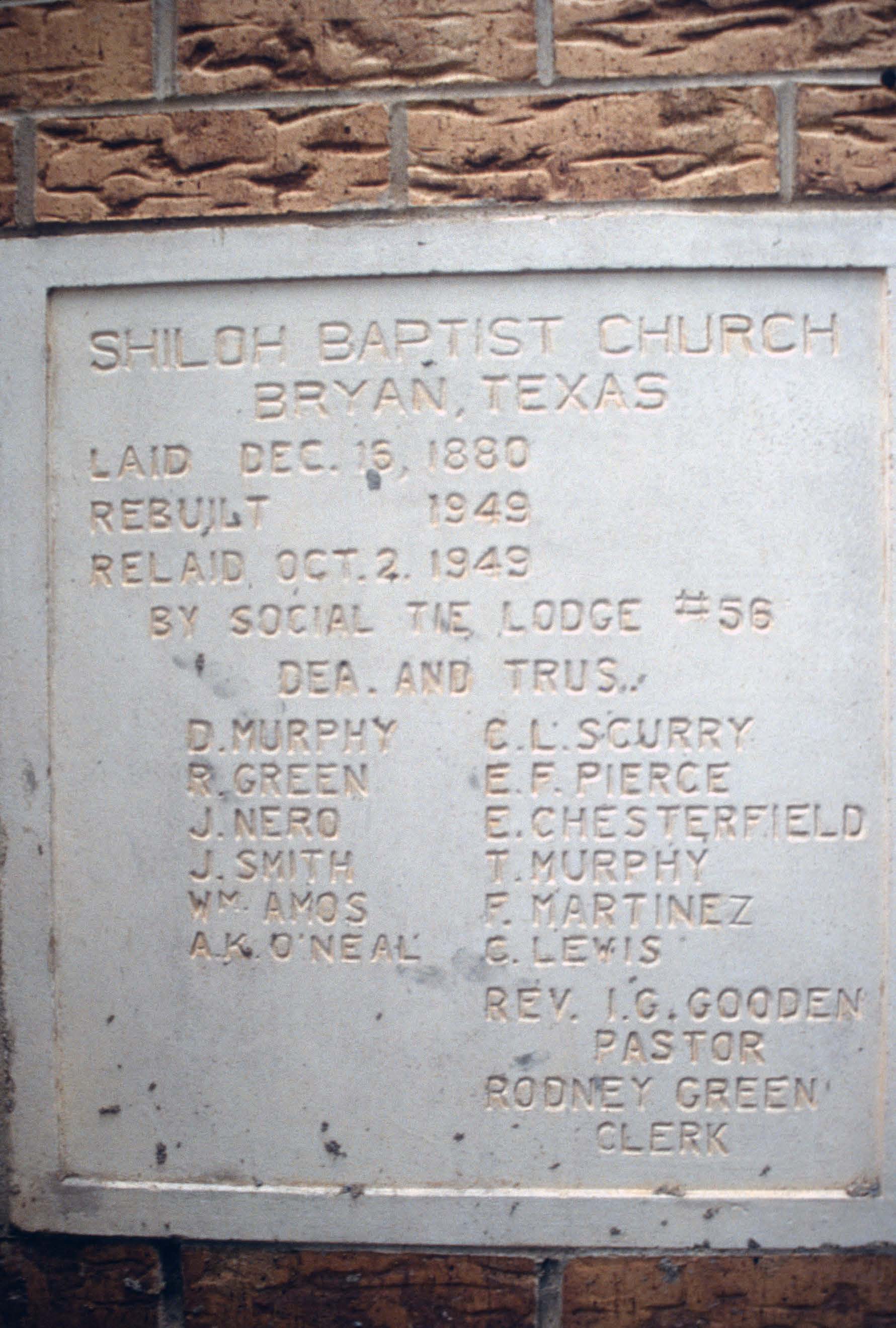
The Charles Criner Collection contains numerous artistical renderings for Juneteenth celebrations. Mr. Criner was the official artist for the Juneteenth Commission and his works are iconic tributes to the longevity of the Galveston celebration. The Slavery and Emancipation Documents contain materials related to Texas’ involvement in purchasing, trading, selling, and gifting human beings for chattel slavery. Matthew Gaines, a former enslaved African American and Texas State Senator (1870-1873), was one of the first Black legislators in Texas, and also one of the signers for the land that became Texas A&M University. The Cushing Memorial Library and Archives holds files on Gaines, from the years of research by students, staff and faculty. There are other materials and documents of Black communities in Texas housed in scrapbooks, flyers, family collections, and miscellaneous papers, which are here to fill in those inevitable gaps for a people stripped of their heritage.
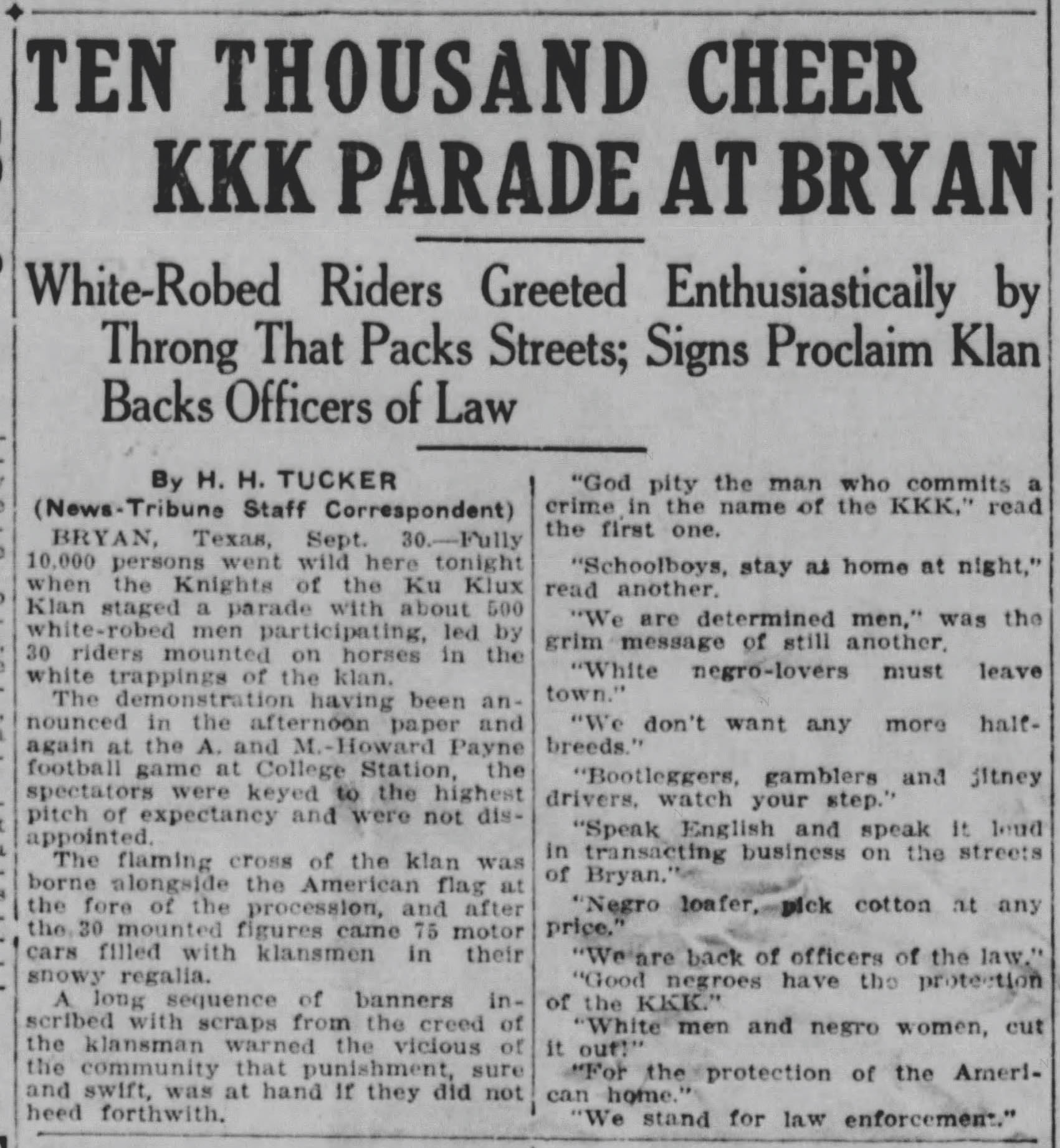
The Cushing Memorial Library and Archives houses Texas A&M’s Yearbooks (also available online at: https://library.tamu.edu/yearbooks/), which stand as stark testament to the attempts to change history. There are student groups with KKK robes, groups dedicated to the Lost Cause, profane images of African Americans throughout the books, and writings that use the most disgusting descriptions of Black people. The Cushing Memorial Library and Archives houses KKK robes with embroidered names, and hoods of individuals connected to Texas A&M University, including the notorious football coach, Dana X. Bible. You can today travel throughout Aggieland and see framed celebrations of his tenure. More than any artifact, document, portrait, photographs, writings, is the living monument to all that was in opposition to the celebration of Juneteenth, the statue of Confederate General Lawrence Sullivan (Sully) Ross that sits on campus as a reminder of the Civil War’s stated mission to maintain the institution of slavery and maintain the Texas Constitution as law of the land. Ross’ statue hovers over all of our efforts to mediate and confront that history; the archive remains a place where true stories can be uncovered, where history does not go to die. This is history that cannot be refuted and is backed up by numerous books, scholarly journal articles, and material culture that are located here in Cushing Memorial Library and Archives, for those who are interested in understanding where we started and how far we have to go, before the promise of a pluralistic America becomes a reality.
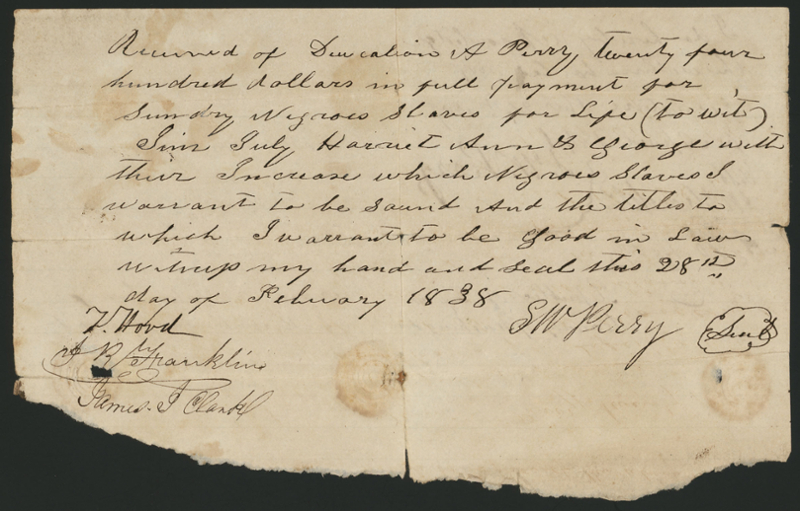
Learn more about Juneteenth by reading Part 1 of this essay. (Cushing Collective - Keeping Juneteenth Alive in the Archives: Part 1 of 2)
Tags: Juneteenth; African Americans; Texas; Civil War; Confederacy.
Cushing Memorial Library and Archives Collections: Africana Studies; Floyd & Louise Chapman Texas & Borderlands Collection; University Archives; Ku Klux Klan Collection (American Nativism); Charles Criner Papers and Art Collection; Clyde McQueen Collection, 1944–1999; Slavery and Emancipation Documents; William Harrison Mays Collection; TAMU Yearbooks
Contact Us: cushingcollective@library.tamu.edu
 |
Rebecca Hankins is Professor, librarian, and certified archivist at Texas A&M University. She is an affiliated faculty in Interdisciplinary Critical Studies that include Africana Studies, Women’s & Gender, and Religious Studies. Hankins’ research and scholarship fits within a broader discourse on African American Muslims’ religious identity and new media. |